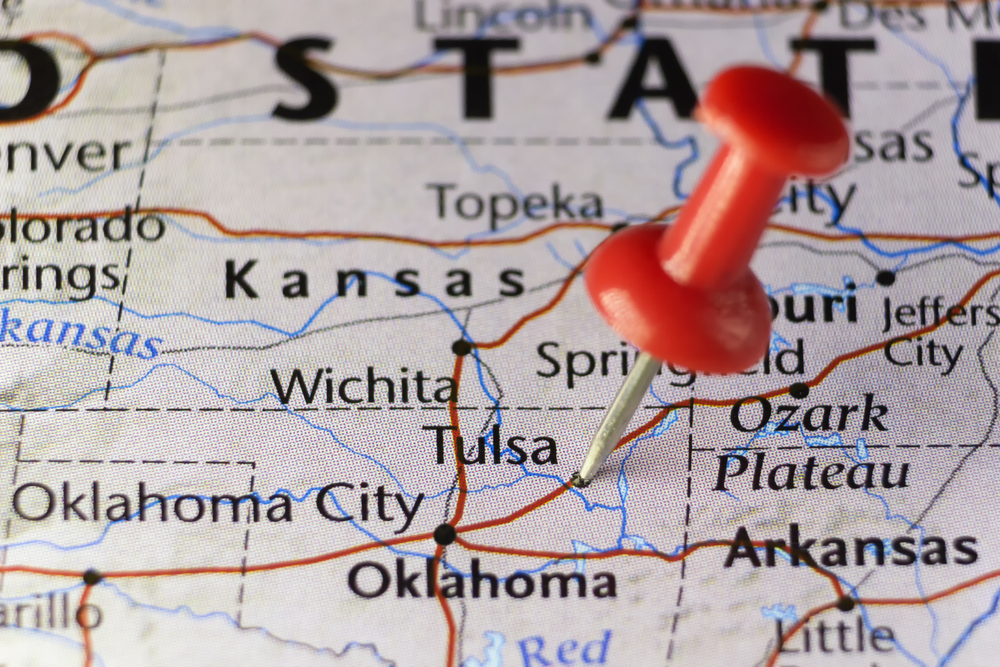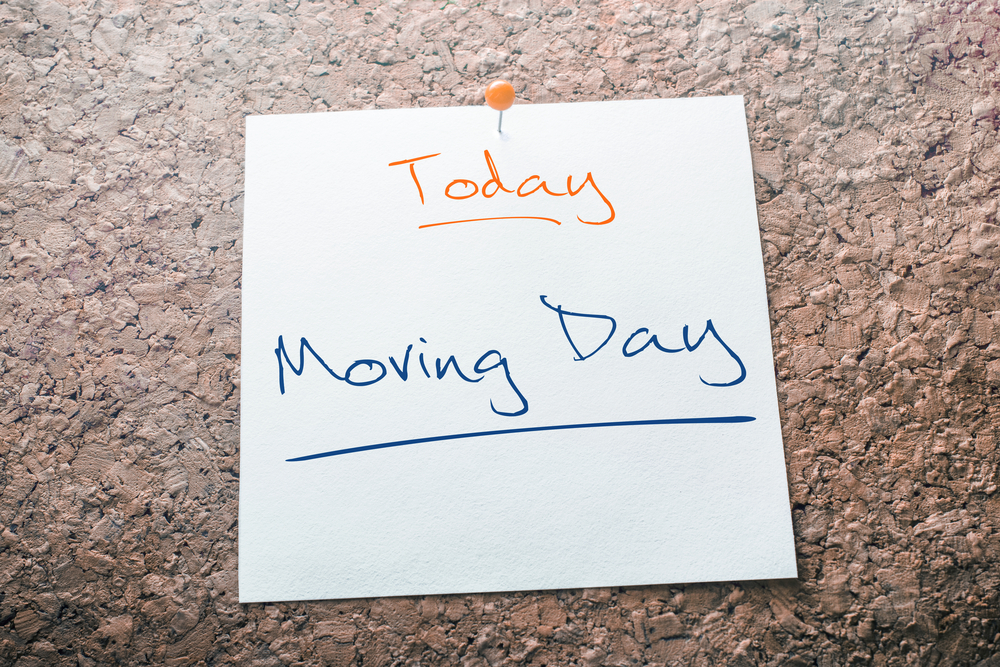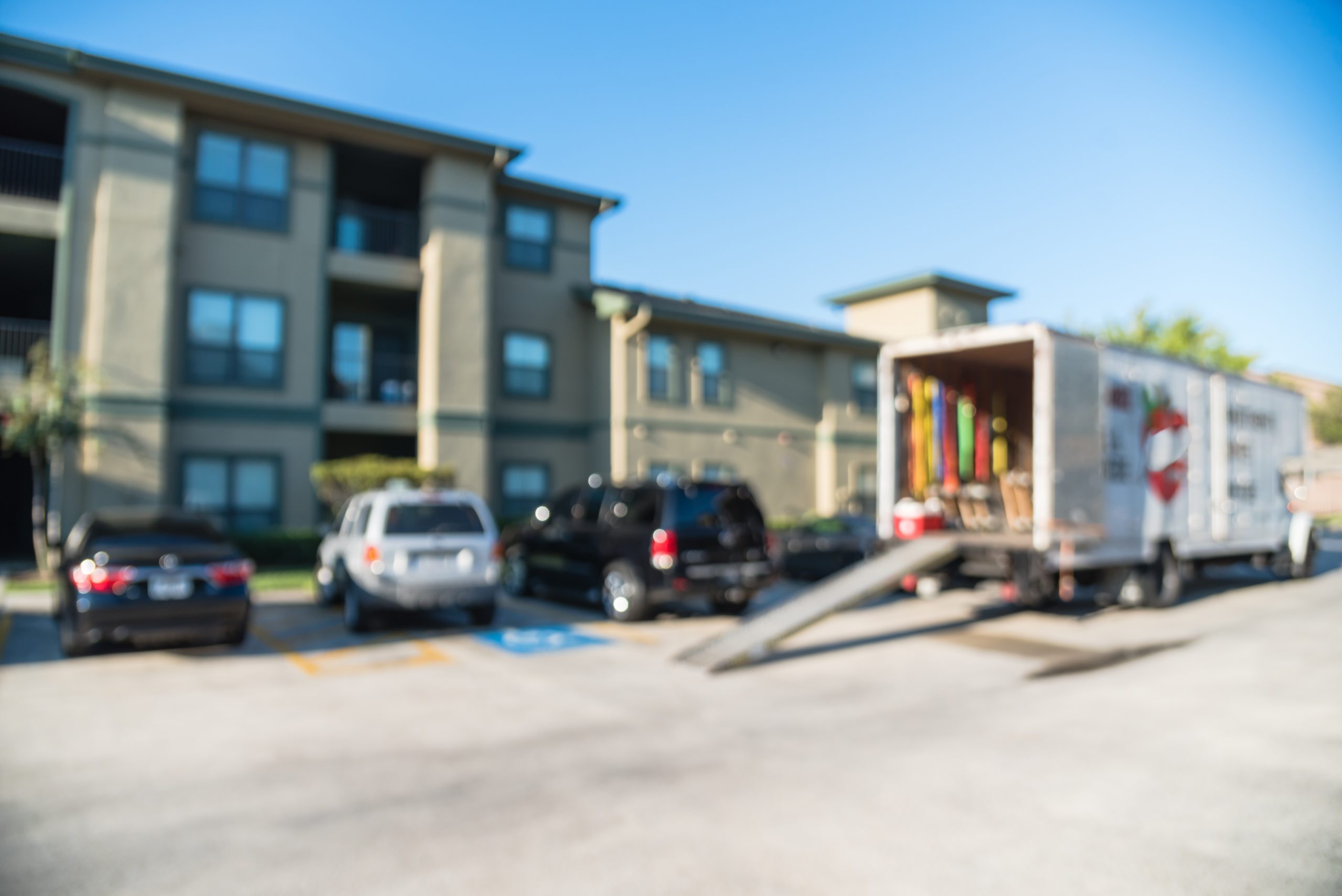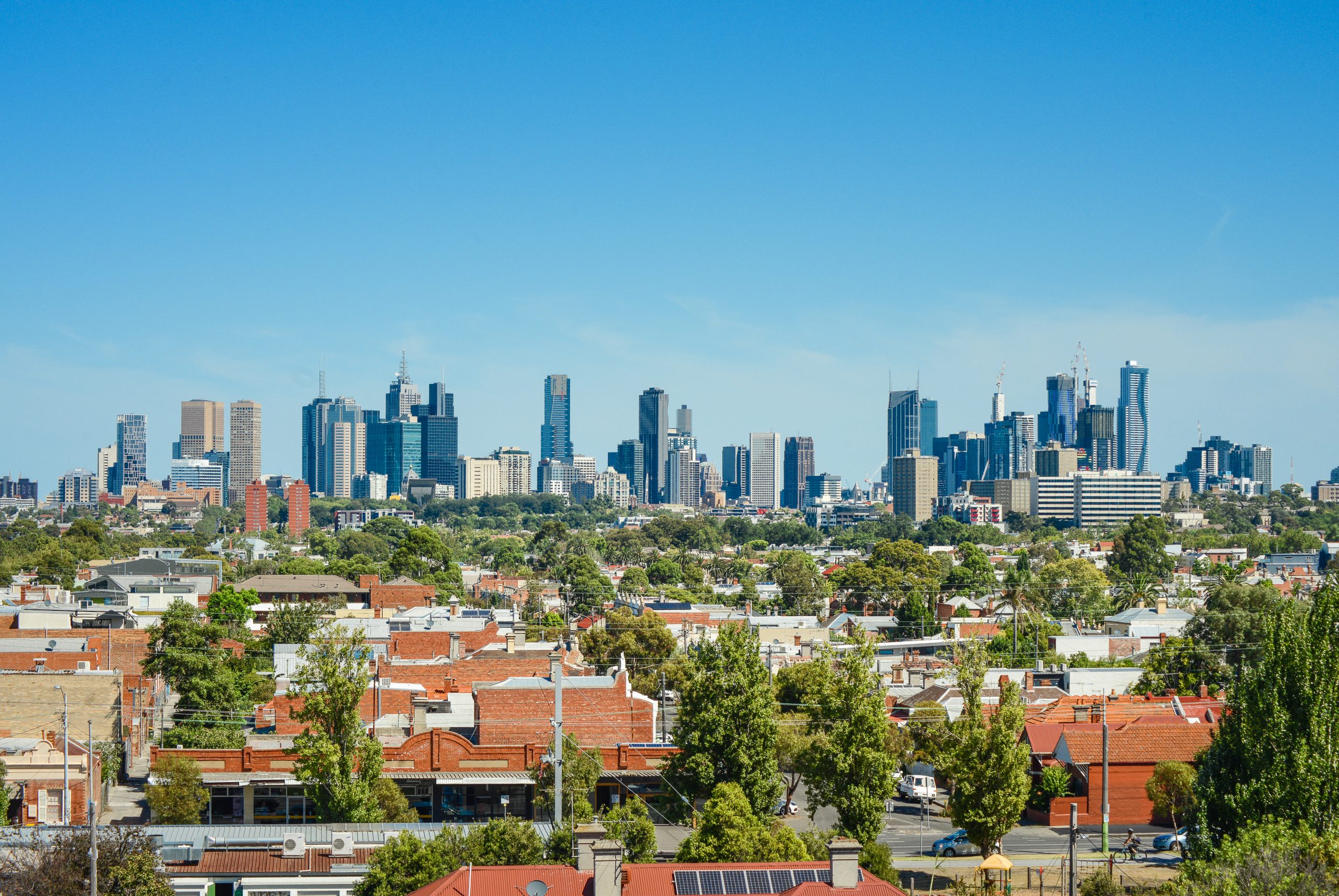A lot goes into moving, especially the longer you’ve been in your home. Even more so when your move is cross-country, or anywhere outside of your general area. But, often times there’s no other option. Careers being what they are and start-ups popping up all over the nation (tech being one of the main culprits) can lead to a complete uprooting of your life. Like that isn’t stressful enough; new job, new town, new everything. Then there’s the task of actually moving.
Like we mentioned, the longer you’ve been in your home, the more stuff you’ve accumulated over the years. So the simple task of packing up your house can take weeks all by itself. But it isn’t just packing that you need to think about, there’s much, much more. For such stressful endeavors, having a timeline for your move (with a list of things to cross off at specific times) is the secret weapon to mastering a big move. Create your own timeline by following these guidelines.
8 Weeks Away
If you’re given this luxury, two months away from your move is the time to get balls rolling. First and foremost, you need to take care of the place you’re leaving. If it’s a rental, contact your landlord. If you own your home, on the market it goes. As with any commercial business, consult your friends and local review sites to help you find the best realtor for you. Grab a binder and some dividers to keep all this paperwork organized and easy to find.
Next, you’ll want to take stock of what’s in your home and consider whether to hire movers (very helpful the farter away your move it, honestly) or go it alone. Do you research and find the right company for you (and always get a written contract).
Once you’ve come to your decision, drawing up an inventory list of all the items in your home (categorized, if you’re so Type A) and decide here and now what you want to take and what you want to leave. The less stuff you have to move, the more money you save. When it comes to furniture condition, sentimental value, and cost to move versus buying new will help you decide what stays and what goes. Lastly, start saving newspaper and coupon flyers for packing. These are great, and free, for wrapping glass.
6 Weeks Away
Start packing! Yes. That sounds crazy. But you’ll be surprised by how long it takes to pack one room, let alone a whole house. Start with storage; seasonal things that you plan to keep, but don’t use as often and things you don’t need right now.
As you pack and sort, put all the leave behind items in bags and boxes and take them to the proper donation sites. If you’re getting rid of clothing, consider a shelter instead of a thrift store. Job Appropriate clothing in particular can give someone in need that extra boost to turn their life around.
If you’re moving out of town or farther, you’ll need to start gathering all your medical records (pets, too) and looking for new physicians. Keep these in an accordion folder and easily accessible should an emergency arise. Scheduling a check-up for pets and family during these next two weeks is also advisable to ensure everyone is at peak health. Lastly, begin the change of address process.
4 Weeks Away
Lock down your moving arrangements. Whether it’s a helping hand from friends or the movers you’ve hired, touch base and make sure everything is on schedule.
Travel arrangements. If you’re driving, get your car(s) fully inspected now so you have the time and funds to make any repairs that are needed. The last thing you want is to break down en route in the middle of nowhere. If you’re flying, book your flights and secure trustworthy freight for your vehicles.
The packing continues. If your movers are also packing, it’s still a good idea (considering how much stuff you’re bringing) to pack some of your possessions. Movers will usually provide packing materials, but grab some bubble wrap in case there’s something extra valuable you want to handle.
2 Weeks Away
Check with your utilities companies about turning off or transferring services. Contact the companies in your new city and set up services for when you arrive.
Check your pantry! It’s a waste of money to throw away food. Get creative and start cooking everything you’ve got. You can always stick your non-perishables in a grocery bag and take them with you (PB&J sandwiches for the road trip are gold), but don’t waste any boxes on food.
Set aside boxes for the things you’ll be packin the days before you move. If you need more boxes, grab them now. Not having to run to the store for more boxes at zero hour will save you time and stress.
Organize your going away party! Whether it’s in your home, at a restaurant or bar, or at a friends house, you will want one night where there’s no packing, no moving, just a long moment to enjoy time with all the people who love and will miss you. It doesn’t have to be fancy, it just has to be a good time.
The Week Of
Revisit your list. Where are you? Are all contracts signed, sealed, and delivered? Is there anything you’re behind on? Don’t fret. More important than anything is that you’re rested and feeling good about where you are in the process.
Leave out a good knife, cutting board, skillet, pot, baking sheet, baking dish, spatula, and plates, cups, and silverware. You can make a variety of food with these items, and they’ll all fit in one large box. Plan your meals for this week to save some money and grab those groceries. Pack the final dishes away 2 days before moving and treat yourself to one last meal at your favorite restaurant the night before moving day. No one wants to do dishes the day before they move.
All In All
Your schedule might vary depending on the amount of time you actually have before your planned move. Adjust these finer points to fit your needs and you’ll be organized and less stressed.













